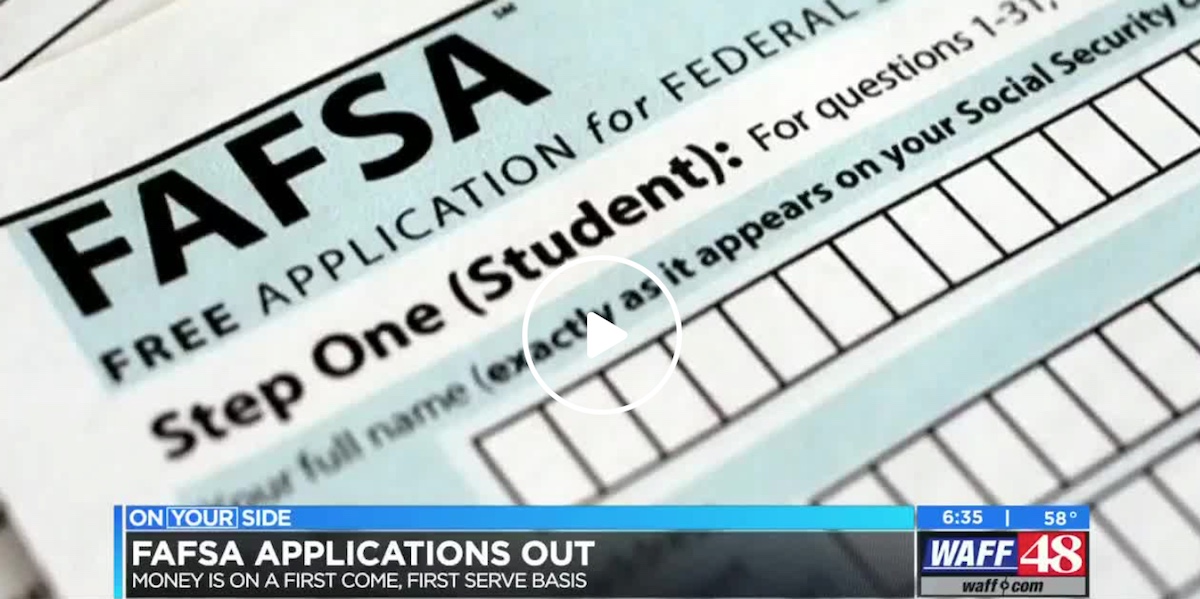High School Counselor Week
Weekly stories, facts, trends, and other information from around the country
October 8, 2020
Missing students: Educators knock on doors to find them
The Christian Science Monitor – October 1, 2020
How accountable should schools be for students who don’t show up to virtual classes? Sleuthing out the whereabouts of children is just one approach districts are taking to make sure no one is left behind.
Beyond ‘test-optional’: Some ‘test-free’ colleges drop the SAT and ACT entirely
The Washington Post – October 3, 2020
The California Institute of Technology attracts a certain kind of student, driven to explore science and engineering at the highest levels. Most who enrolled in recent years had perfect or near-perfect math scores on the SAT or ACT. But Caltech won’t even consider those tests in the selection of its next two entering classes.
How the SAT Failed America
Forbes – September 30, 2020
Interviews with more than 75 people expose the deep problems threatening the College Board’s billion-dollar testing monopoly. The great-granddaddy of standardized tests may not survive.
 Do This to Improve Your College Options
Do This to Improve Your College Options
Post – September 30, 2020
Counselors’ Corner with Patrick O’Connor Ph.D.
 Common financial aid mistakes and advice
Common financial aid mistakes and advice
Tribune News Service – October 7, 2020
College Admissions Strategies with Lee Bierer
Is your child struggling with distance learning? Here’s how school counselors can help
San Luis Obispo Tribune (CA) – October 1, 2020
School counselors saw firsthand how many students found the switch to online classes traumatic and emotionally draining as school — some kids’ only safe space — was taken away from them.
Applying for college in a pandemic: ‘There’s still plenty of time to make things work’
Syracuse.com (NY) – October 1, 2020
A high school counselor who has advised thousands of students on their college decisions wants families to stress less about the process and be assured there’s a place for their student in higher education.
High school pantry impacts families
The Waverly News (NE) – October 7, 2020
If students or families need items, Stansberry said they can call or email her or Counselor Tasha Osten. When they receive these calls or requests, the school doesn’t have any criteria a student or family must meet. The school will fulfill the request.
‘I Still Have Bills To Pay’: Parents Struggle To Balance Childcare And Work During The Pandemic
WBEZ Chicago (IL) – October 7, 2020
About half of Chicago households with children report serious problems caring for their kids, according to a new NPR and Harvard poll.
Parents of college kids won’t stop having ‘the talk’ about Covid-19 protocol
CNN – October 7, 2020
Lourdes Pelaez-Kingery was recovering from appendix surgery when she got the phone call that parents of college-age kids have come to dread in this time of coronavirus: Her daughter tearfully explained that she had moved out of her dorm…
 High school counselor, financial aid director agree FAFSA money will be in high demand this year
High school counselor, financial aid director agree FAFSA money will be in high demand this yearWAFF Huntsville, AL – October 7, 2020
Current and potential college students have an opportunity to get their hands on $150 billion in free federal aid in a bunch of different ways with the FAFSA. Both think FAFSA money will be in high demand this year, so they say to make sure you’re looking other places for scholarships as well.
Just Write the Essay… or Don’t
Inside Higher Ed – October 5, 2020
Lydia Mann of Clark University considers the new COVID-19 essay prompts.
College Application Deadlines for the Top 50: Every Date That You Need to Know
Ingenious Prep – October 1, 2020
Each school has its own policies when it comes to implementation of early action, early decision, and regular decision policies. As a result, while many institutions have a November 1 ED deadline or January 1 RD deadline, not all colleges follow the path. You might find that a few of your schools…
SAT Scores? Out. Pandemic Essays? In. How To Apply For College In 2020
KPCC Southern California – October 6, 2020
I spoke with close to two dozen high school counselors, principals, college advisors, admissions staff and academics to better understand how the pandemic is forcing change in the admissions process and what students, parents and school leaders should know to give all students the best possible chance at higher education.
Don’t wait to apply for student loans for next year—some of the money could actually run out
MarketWatch – October 6, 2020
An influx of college financial aid applications this year means that money could run out for students who don’t file early. Due to financial strain caused by COVID-19, nearly 40% of families that didn’t previously plan to apply for federal financial aid now expect to do so…
Parents should expect major changes to FAFSA filing this fall
Tribune News Service – October 4, 2020
One big difference this filing season is that the number of FAFSA applicants likely will increase for the first time in recent years. And more families will wind up appealing for additional financial aid, perhaps double or triple the normal amount of applicants seeking more help
Is Your Test-Optional Policy Confusing Applicants?
The Chronicle of Higher Education – October 7, 2020
The wording of your college’s testing policy. Is it clear? Clear, that is, to folks who haven’t spent years inhaling higher-ed jargon? Consulting firm EAB has heard from a slew of prospective students who were confused by colleges’ explanations of test-optional plans…
The SAT Mess: Eight Months Into The Pandemic, Tests Are Still Being Canceled At The Last Minute
Forbes – October 2, 2020
The advice of a half dozen admissions deans I interviewed: If you haven’t already tested, don’t even try. With the exception of some students who are applying to the Florida state college system, which still requires scores, and those seeking certain scholarships, you will not receive any lesser consideration if you don’t submit a score.
Subscribe to our Weekly Emails
COVID-19 School Response Dashboard
Maps schools’ responses to the pandemic across the United States (data submission voluntary)
Live Updates: Latest News on Coronavirus and Higher Education
Inside Higher Ed
Live Coronavirus Updates: Here’s the Latest
The Chronicle of Higher Education
COVID-29 Data Dashboard
C2i (College Crisis Initiative)
School Counseling During COVID-19
American School Counselor Association
College Board Coronavirus Updates
College Board
AP Online Classes and Review Sessions
College Board on YouTube
COVID-19 Resource Center
National Association of School Psychologists
U.S. DOE: COVID-19 (“Coronavirus”) Information and Resources for Schools and School Personnel
U.S. Department of Education
Where to Get Free WiFi for Students During COVID-19
Campus Technology
College Virtual Tours
compiled by Rebecca Chabrow, M.A. with assistance from Collegewise
The impact of COVID-19 on high school counselors and the college search process: A national survey.
RNL & High School Counselor Connect (2020)
Eight Tips for a Great Teacher Letter of Recommendation
Tulane University Admission Blog – October 6, 2020
This blog should shed some light onto what colleges are looking to glean from your letters and how you can write effective and informative letters on behalf of your students.
COVID-19 affects mental health of students in differing ways
Lancer Feed (Lancer High School, MO) – September 30, 2020
Some students have found paying attention to their mental health during the stress brought upon by COVID-19 is essential to their well-being. And, while some have faced new struggles as a result of being locked down at home and more isolated, many have also…
Teens’ social media usage does not raise anxiety levels
Drew Reports News – October 1, 2020
Contrary to popular knowledge, day-to-day social media use is not a strong or consistent danger factor for depressive symptoms amongst adolescents, according to a new research study by Columbia University Mailman School of Public Health.

